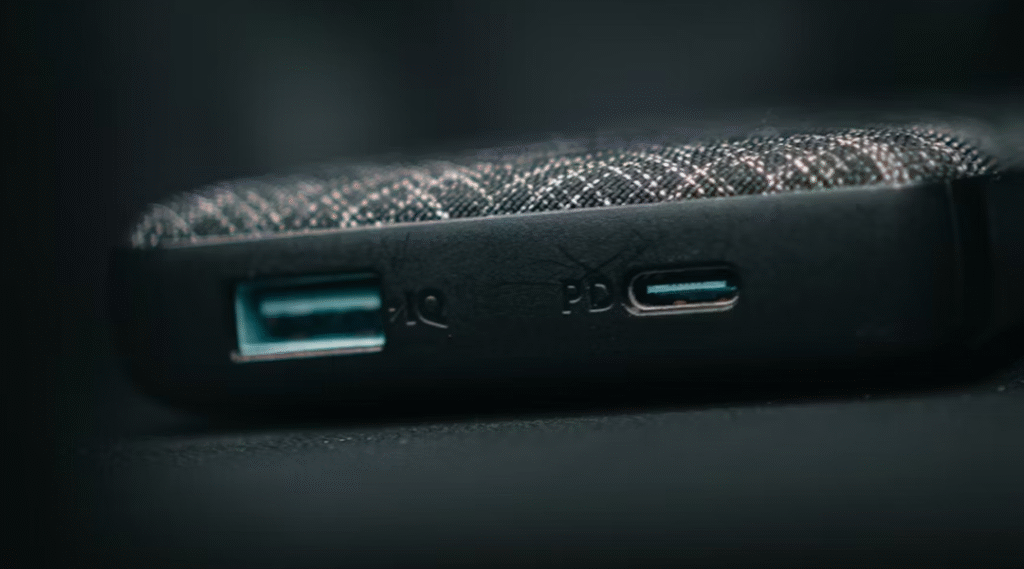Anker Innovations recently announced a global voluntary recall of select PowerCore power banks—specifically models A1647, A1681, and A1689—due to a potential defect in lithium-ion battery cells sourced from a single supplier. While the probability of malfunction is low, Anker has chosen to err on the side of caution, asking customers to verify affected serial numbers and prompting a full stop to usage for confirmed units.
What’s Happening and Why
Through enhanced quality assurance (QA) protocols—including expanded audits at the component level—Anker discovered that certain battery cells could present overheating, smoke, or fire risks. These protocols were implemented earlier this year after a previous recall, indicating a proactive approach to product safety. Unlike reactive recalls triggered by incidents, this preemptive move showcases a strategic shift toward early detection and risk mitigation in Anker’s supply chain.
Consumer Experience: Return, Replace, Reassure
Affected customers are asked to:
- Verify model and serial number (ensuring clarity between similar-looking characters like “1” vs. “I” or “0” vs. “O”).
- Submit a recall claim via Anker’s online form.
- Cease use immediately and await confirmation before disposal.
- Dispose of the unit responsibly at certified facilities; major Canadian retailers like Best Buy and Staples offer proper recycling programs.
In exchange, Anker will offer either a replacement device or a gift card redeemable through its website. This limited-risk settlement package both motivates compliance and softens the blow to customer loyalty.
Impact on Anker’s Brand and Business
The recall’s immediate impact can be viewed through several lenses:
1. Brand Trust and Reputation
Voluntary recalls tend to convey responsibility and customer-centricity. By acknowledging and addressing potential defects before widespread incidents occur, Anker sends a clear message: it places consumer safety above short-term sales. Over time, this stance can strengthen trust, especially in a market where safety concerns can rapidly damage brand credibility.
2. Financial Consequences
There will be short-term costs associated with unit replacements, gift card issuance, logistical handling, and recycling/disposal protocols. Yet, these expenses are likely far less severe than potential liabilities and brand damage from product failures. The proactive recall thus acts as a financial hedge against much larger future losses.
3. Customer Loyalty and Retention
By handling the recall transparently, Anker stands to retain existing users and appeal to quality-conscious buyers. Prompt communication, support via live chat, and a hassle-free replacement process all aim to minimize customer frustration and preserve loyalty.
4. Supply Chain and QA Evolution
Detecting the issue early highlights the effectiveness of Anker’s enhanced QA processes—including component-level audits and supplier testing. Moving forward, these measures can be expanded into a permanent framework that safeguards against future defects, fosters innovation in risk prevention, and fortifies Anker’s industry credentials.
Which Products Are Affected?
The recall includes only three models:
- A1647: Power Bank (20,000 mAh, 22.5 W, with USB-C cable)
- A1681: ‘Zolo’ Power Bank (20,000 mAh, 30 W, with dual USB-C & Lightning cable)
- A1689: ‘Zolo’ Power Bank (20,000 mAh, 30 W, with USB-C cable)
Retailers and customers worldwide can confirm eligibility via serial number validation on Anker’s recall site. Affected units were sold across multiple markets.
What This Means for Consumers and Stakeholders
For consumers, especially those who own the affected models:
- Important Safety Warning: Do not continue using your power bank. Even if it functions normally, there remains a risk of dangerous malfunction.
- Next Steps: Identify your unit, submit a claim, and wait for Anker’s confirmation. Once verified, you’ll receive either a replacement or gift card, and be guided through environmentally responsible disposal methods.
- Support Access: Anker offers live chat (Mon–Fri), email assistance, and toll‑free phone support (Canada: 1‑800‑988‑7973).
For Anker’s business trajectory, the recall underscores:
- Commitment to Quality: The recall reinforces Anker’s investment in QA systems capable of early defect detection.
- Credible Leadership: By communicating voluntarily and providing clear customer pathways, Anker enhances its reputation as a mature, responsible electronics manufacturer.
- A Foundation for Future Growth: Robust safety measures and transparent practices can differentiate Anker from competitors and foster sustained global expansion.
Final Thoughts
While a product recall is never ideal, Anker’s preemptive, consumer-first approach could turn this moment into a long-term advantage. The financial cost is real, but far outweighed by the potential crisis it helped avert. In today’s marketplace, where brand trust is paramount, Anker’s strategy—to identify the problem, own it fully, and guide customers through a seamless resolution—may well strengthen its market position.
Key Takeaway: Anker’s recall is more than a safety protocol—it’s a bold statement of integrity. In stepping up proactively, Anker doesn’t just protect its customers; it reinforces a brand identity rooted in transparency, responsibility, and unwavering quality.
More relative articles:
Romo’s Cleaning Debut: Can DJI Dominate the Robot Vacuum Arena?
Charting the Race: Which Country Will Lead the AI Market in the Coming Decade?
AI Chip Battle Among NVIDIA, AMD, Intel and More Competitors
As for in-depth insight articles about AI tech, please visit our AI Tech Category here.
As for in-depth insight articles about Auto Tech, please visit our Auto Tech Category here.
As for in-depth insight articles about Smart IoT, please visit our Smart IoT Category here.
As for in-depth insight articles about Energy, please visit our Energy Category here.
If you want to save time for high-quality reading, please visit our Editors’ Pick here.



